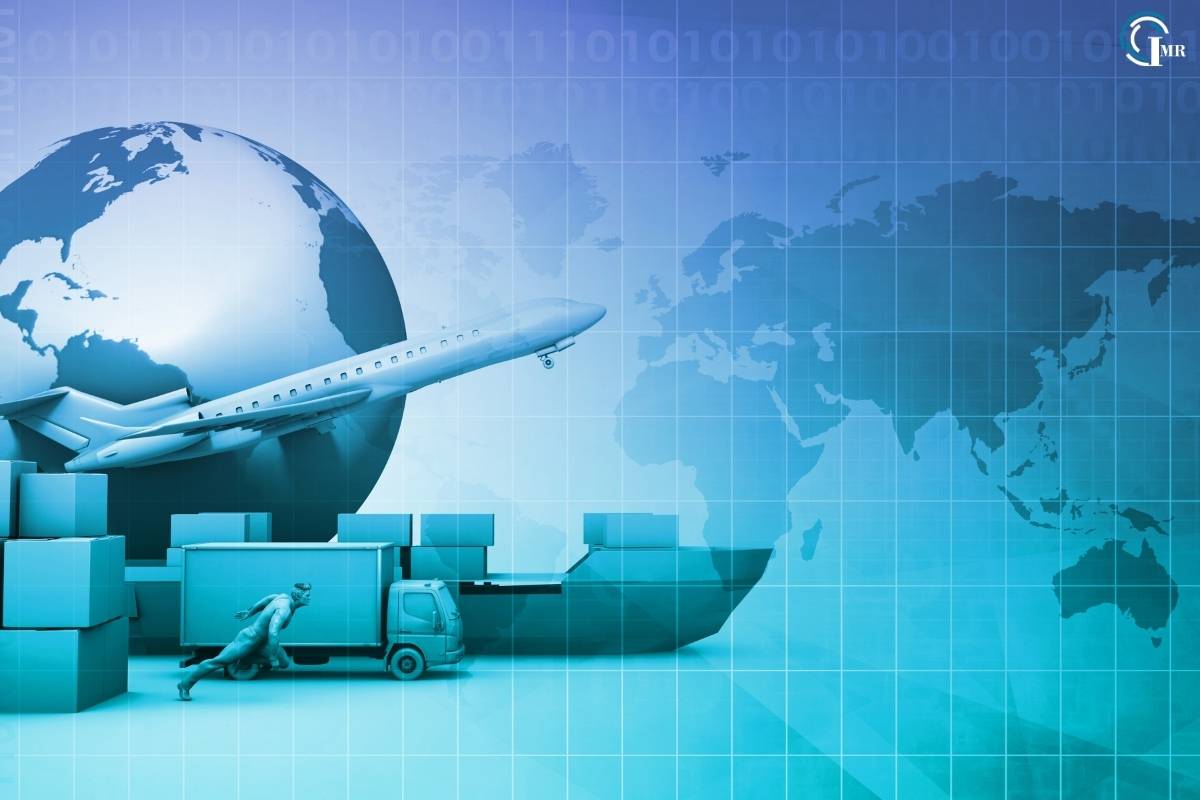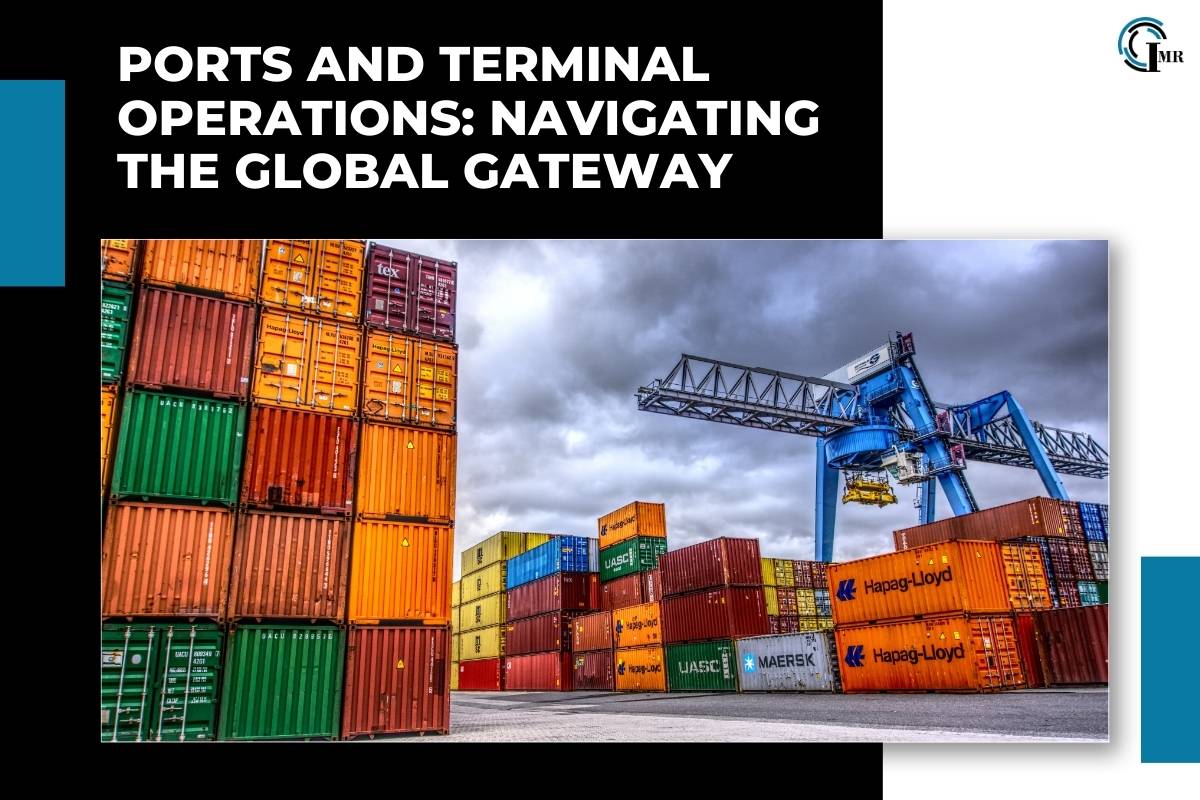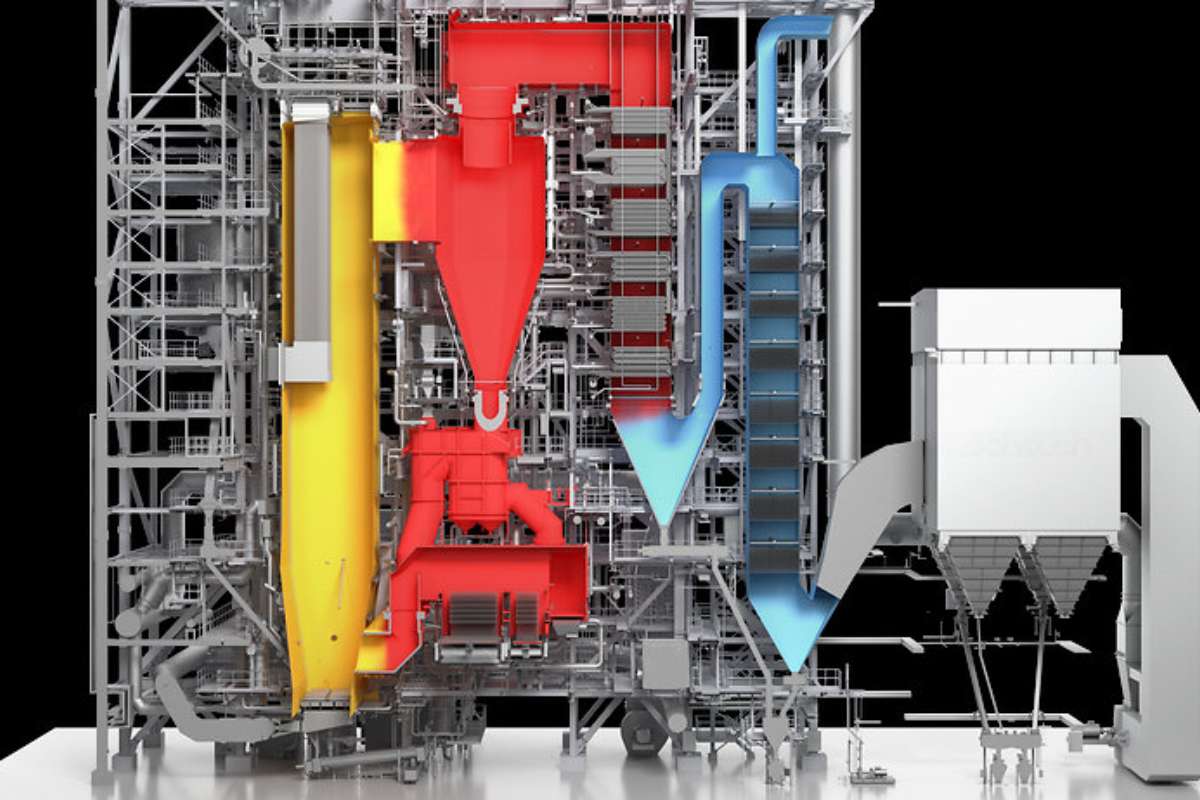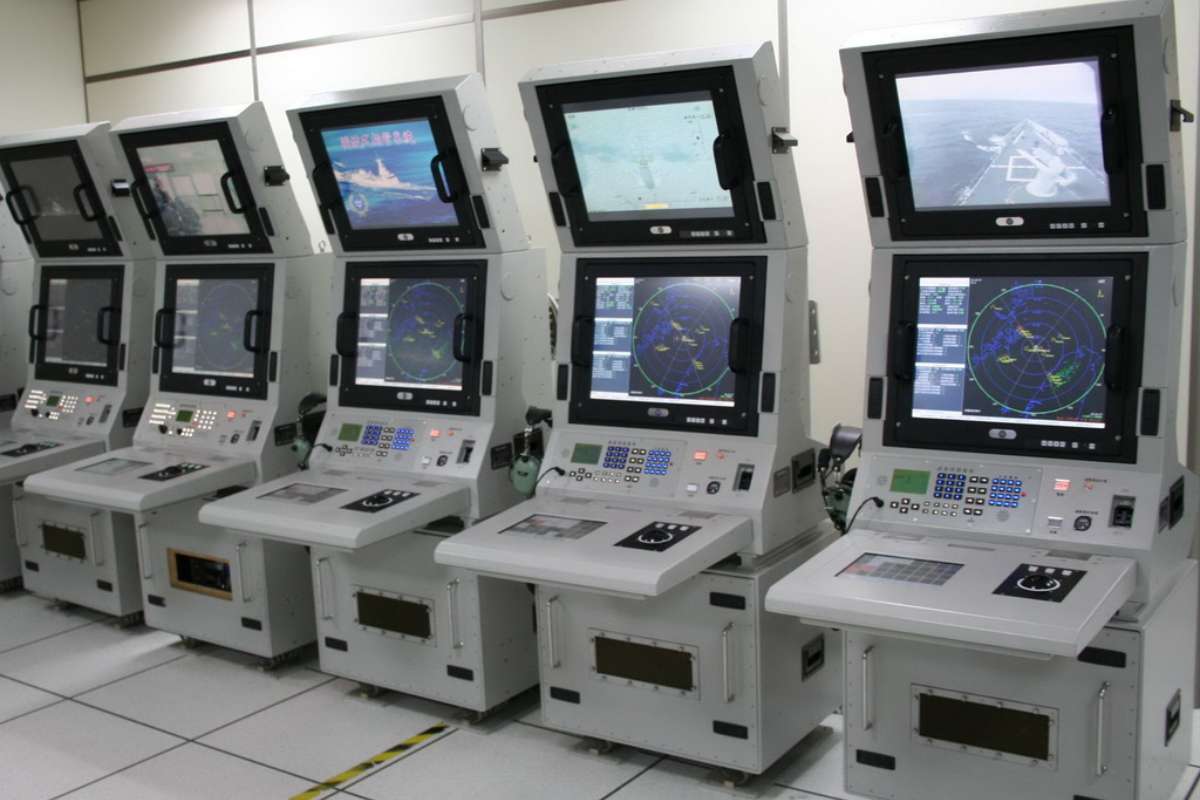Ports and terminal operations play a pivotal role in global trade and commerce, serving as essential nodes in the transportation network that facilitates the movement of goods and commodities across the world. From facilitating imports and exports to managing logistics and supply chains, ports are critical infrastructure hubs that connect producers and consumers, manufacturers and markets, and economies worldwide. This article explores the significance of ports, their operational complexities, technological advancements, and the future outlook of this vital sector.
Importance of Ports and Terminal Operations in Global Trade
Ports are key enablers of international trade, serving as interfaces between land and sea transportation networks. They provide essential facilities for loading, unloading, and storing cargo from ships, enabling seamless transfer between maritime vessels and other modes of transportation, such as trucks and railways. The efficiency and capacity of ports directly impact trade flows, economic growth, and competitiveness on a global scale.
Facilitating Trade and Commerce: Ports are gateways for imports and exports, handling a diverse range of commodities from raw materials to finished goods. They facilitate trade agreements, support industrial development, and contribute significantly to national economies by generating employment and revenue.
Logistics and Supply Chain Integration: Ports are integral to supply chain management, serving as strategic points where goods are consolidated, distributed, and transported onward to their final destinations. Efficient port operations minimize transit times, reduce costs, and enhance supply chain resilience.

Operational Complexities of Ports
Operating a port involves managing intricate logistical, regulatory, and environmental challenges. Port authorities, terminal operators, shipping lines, and logistics providers collaborate to ensure smooth operations while adhering to stringent safety, security, and environmental standards.
Infrastructure and Equipment: Ports require extensive infrastructure, including berths, quays, container yards, warehouses, and handling equipment such as cranes and forklifts. Investments in modern infrastructure are crucial for enhancing efficiency and accommodating larger vessels.
Safety and Security: Ports implement robust security measures to protect against threats such as piracy, terrorism, and cargo theft. Surveillance systems, access controls, and screening procedures safeguard personnel, vessels, and cargo, ensuring compliance with international security protocols.
Environmental Sustainability: Ports are increasingly adopting sustainable practices to mitigate environmental impacts. Initiatives include reducing emissions, optimizing energy use, implementing waste management strategies, and preserving marine ecosystems through responsible coastal development.
Technological Advancements in Ports and Terminal Operations
Technological innovations are revolutionizing port operations, enhancing efficiency, safety, and environmental stewardship. Digitalization, automation, and data analytics are transforming traditional practices and optimizing resource utilization across port facilities.
Digitalization and IoT: Ports leverage digital technologies to enhance visibility, optimize operations, and improve decision-making. Internet of Things (IoT) sensors, real-time data analytics, and cloud-based platforms enable predictive maintenance, traffic management, and operational optimization.
Automation and Robotics: Automated guided vehicles (AGVs), robotic cranes, and automated container terminals streamline cargo handling processes, reducing labor costs and operational risks. Autonomous vessels and drones are also being explored for enhancing maritime logistics and surveillance.

Blockchain and Supply Chain Transparency: Blockchain technology enhances supply chain transparency by providing secure, immutable records of transactions and cargo movements. Smart contracts automate agreements between stakeholders, enhancing trust and reducing administrative burdens.
Future Trends and Challenges in Port Management
The future of ports and terminal operations is shaped by technological advancements, regulatory developments, and global economic trends. Key trends include sustainability initiatives, digital transformation, and adaptation to evolving trade patterns and geopolitical dynamics.
Sustainability and Green Ports: Ports are transitioning towards greener practices to minimize environmental impacts and comply with climate regulations. Investments in renewable energy, eco-friendly infrastructure, and emissions reduction technologies are driving the shift towards sustainable port management.
Smart Ports and Connectivity: Smart port initiatives integrate digital technologies to create interconnected ecosystems that optimize resource allocation, enhance operational efficiency, and improve customer experience. Advanced data analytics and AI-driven decision support systems enable proactive management and risk mitigation.

Adapting to Global Trade Dynamics: Ports must adapt to fluctuating trade volumes, geopolitical uncertainties, and emerging markets. Strategic planning, infrastructure investments, and collaborative partnerships are essential for maintaining competitiveness and resilience in a dynamic global economy.
Conclusion
Ports and terminal operations are indispensable components of the global supply chain, facilitating trade, supporting economic growth, and connecting nations. As the demand for efficient logistics and sustainable practices grows, ports are embracing digitalization, automation, and environmental stewardship to meet evolving challenges and opportunities. By leveraging technological innovations and fostering collaborative partnerships, ports can navigate the complexities of global trade and continue to serve as vital gateways for international commerce.
In conclusion, the evolution of ports and terminal operations underscores their critical role in facilitating global connectivity and economic prosperity. Embracing innovation and sustainability will be pivotal in shaping the future landscape of ports as they navigate towards greater efficiency, resilience, and environmental stewardship in the 21st century.












